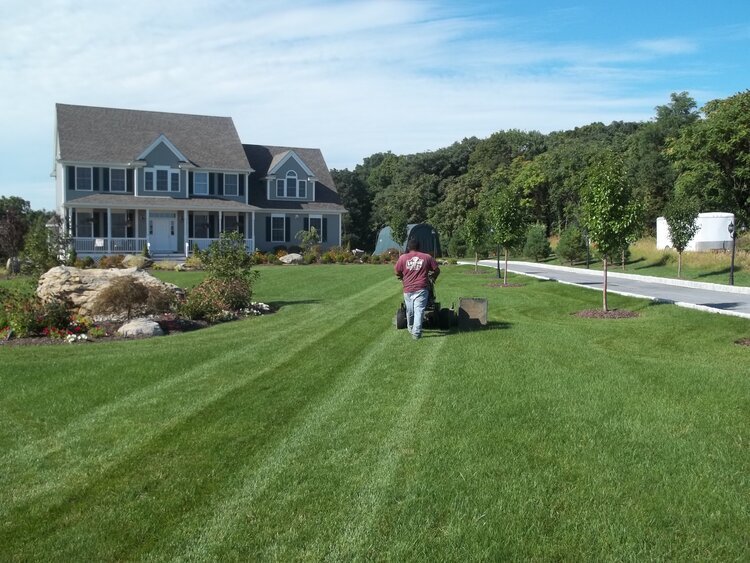3 Myths About Lawn Treatment and Lawn Maintenance in Pleasant Valley NY
A gorgeous lawn is one of the most cherished and widely used landscaping features in the United States. Generally, grasses are fairly easy to grow and maintain, requiring only a few consistent lawn care methods over the seasons. However, not all of these methods are applicable to the entire season, to every location or species of grass. Some common lawn care practices do more harm than good. Even the most experienced homeowner might get thrown a curveball with the lawn once in a while. Here are 3 myths about lawn treatment and lawn maintenance in Pleasant Valley, NY.
Watering Myths
A common myth about watering a lawn is that grasses are happy to see water at any time of day, just a little at a time. It's wrong to assume that even if the sun bears down on your lawn that the grasses need watering. It's actually very beneficial to slightly deprive the lawn of water so that the grasses are encouraged to grow their roots deep into the soil. Too-frequent light watering often tells the grasses that water is readily available, so they don't need deep roots. Grasses with deep roots will always fare better in a drought than those that see water every day. Instead of watering every day, water once a week and make sure to give it a proper soaking.
While overwatering and underwatering present certain challenges, watering during the wrong part of the day creates several issues. During the hottest part of the day in the first few hours of the afternoon, water evaporates quickly, and moist soil can warm up to a high temperature, damaging the roots. The best time of day to water a lawn is in the early morning – the coldest part of the day – when water gets a chance to soak deep.
Mowing Myths
Mowing at the correct height is absolutely essential. In fact, mowing the lawn too short will expose and dry out the dirt below, which can damage the root systems and cause the whole plant to be jeopardized. Some homeowners don't see the importance of keeping lawn mower blades sharp. Dull blades will tear the blades of grass, which will damage the plant's cellular structure and cause a visible brown dry spot on each blade to develop. Sharp blades, on the other hand, will quickly and cleanly slice the grass, minimizing damage. Also, never combine mowing and watering in the same activity. Wet grass discarded by the mower will clump and rot, inviting pests and disease to further damage the grasses.
Fertilization and Weeding Myths
Using the same fertilizer as your neighbor might be a mistake. Even in a small area, the health of the soil can vary widely, and some spots of your lawn might even need different fertilizers than other spots - not to mention that your grass species may prefer different ratios of nutrients. A great option is to speak with a landscaping professional that specializes in lawn care so you can choose the perfect fertilizer(s) for your lawn. Fertilizer is also not something to just spray on your lawn and leave like it's a moisturizing lotion. The high concentration of nitrogen in fertilizer can actually damage the photosynthesizing parts of any plant. Watering just after fertilizing is essential to help the fertilizer seep into the soil where it can be used by the root systems of the grasses.

